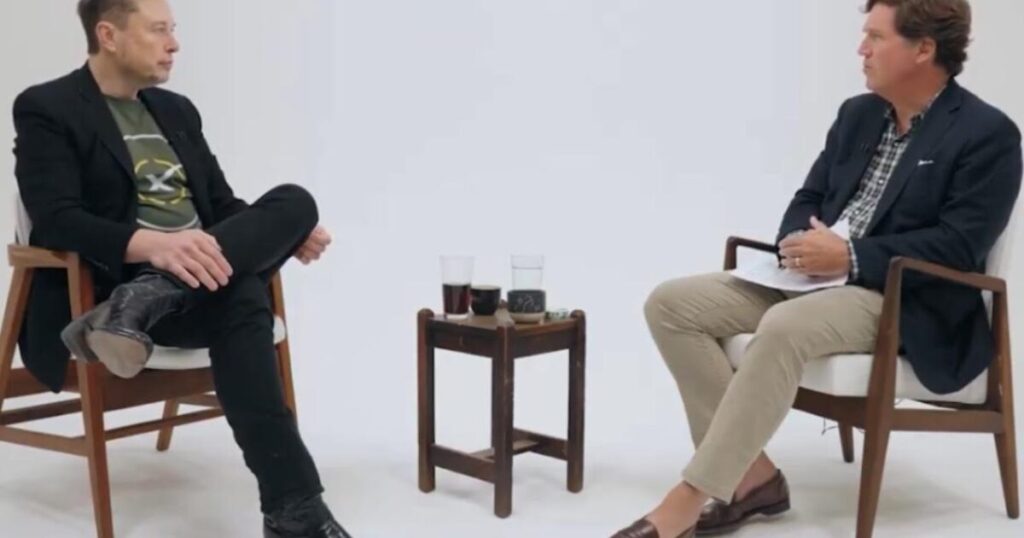In a recent interview with Tucker Carlson on X, Elon Musk openly expressed his firm support for Donald Trump, affirming his belief that Trump is the best candidate for America’s future. Musk articulated his concerns about the potential consequences of a Trump loss, humorously hinting at the personal repercussions he might face, including speculation about imprisonment. He suggested that if Trump does not win, it could signify a critical turning point in U.S. politics, implying that it might be the final election in which he would actively participate. This candid expression of loyalty to Trump underscores Musk’s deep investment in the current political atmosphere and his anticipation of significant repercussions that could stem from the election results.
Musk’s interview also touched on his philanthropic efforts, particularly in response to natural disasters. He highlighted how Starlink, his satellite internet service, is being provided to victims of Hurricane Helene, showcasing his commitment to aiding those affected by the catastrophe. His involvement points to a broader theme of using technology for humanitarian purposes, suggesting that beyond his political involvement, Musk also sees a clear role for technological innovation in disaster response and relief efforts. This duality of engagement in both politics and social issues reflects Musk’s multifaceted public persona as both a business leader and a concerned citizen.
Throughout the conversation, Musk raised a variety of contentious topics, including the controversial Epstein and Diddy client list, pointing to the pervasive issues of transparency and accountability in elite circles. This mention serves to highlight Musk’s inclination to engage with complex societal issues that resonate with his perspective on societal integrity. Additionally, he ventured into discussions about vaccines, suggesting a broader skepticism regarding public health mandates and societal norms surrounding them. His positions often align with anti-establishment sentiments, contributing to a narrative about the perceived failures of institutions and the need for alternatives in public policy.
Further, Musk discussed the evolving conversation around crime and its decriminalization, reflecting on societal attitudes toward justice and law enforcement. This topic aligns with ongoing debates in the U.S. about criminal justice reform and societal equity. Musk’s remarks imply he’s tracking these trends closely, offering a perspective that advocates for a reconsideration of how society approaches definitions of crime. His commentary likely aims to provoke thought among viewers on the implications of current legislative movements and their long-term effects on the fabric of American society.
In examining broader societal issues, Musk pointed to Gavin Newsom’s actions regarding the First Amendment, expressing concern about governmental overreach and censorship. His dissatisfaction with political leaders and their policies reinforces the perception of an ongoing struggle for personal freedoms. Musk’s commentary dovetails with larger national conversations about free speech, illustrating his belief in the necessity of safeguarding individual rights from state interventions. In juxtaposing these political critiques with a call for overarching moral and religious values, he emphasized what he sees as a growing anti-human sentiment in modern discourse, raising questions about societal values and cultural narratives.
Lastly, Musk delved into the implications of artificial intelligence and what he termed the “Woke Mind Virus,” linking technology with evolving cultural ideologies. He voiced concerns over how AI could be manipulated within socio-political contexts, cautioning against unchecked advancement without ethical considerations. His commentary on this issue reveals an ongoing commitment to scrutinizing the broader implications of technology, both in shaping politics and impacting human identity. Musk ended the interview suggesting that in any future Trump administration, he could potentially have a significant role, illustrating his desire to influence policy at the highest levels and champion innovation for a better societal future.

